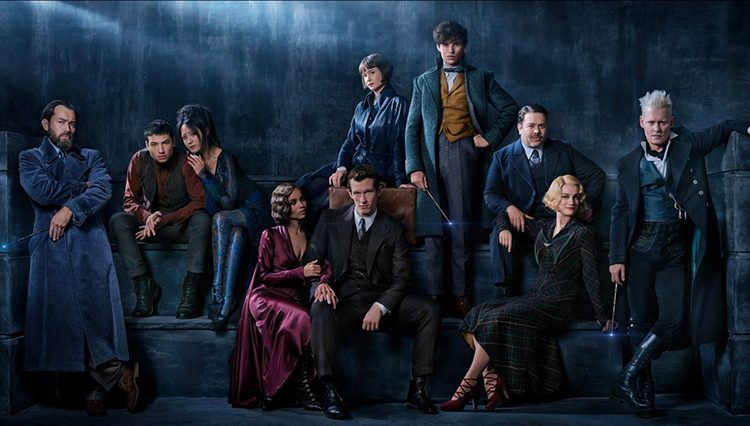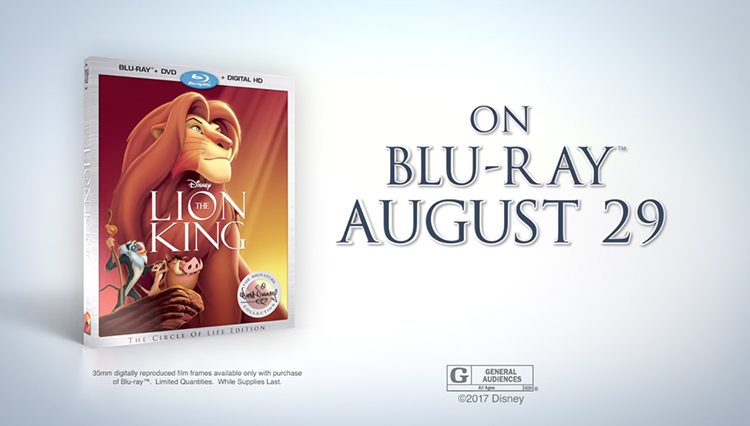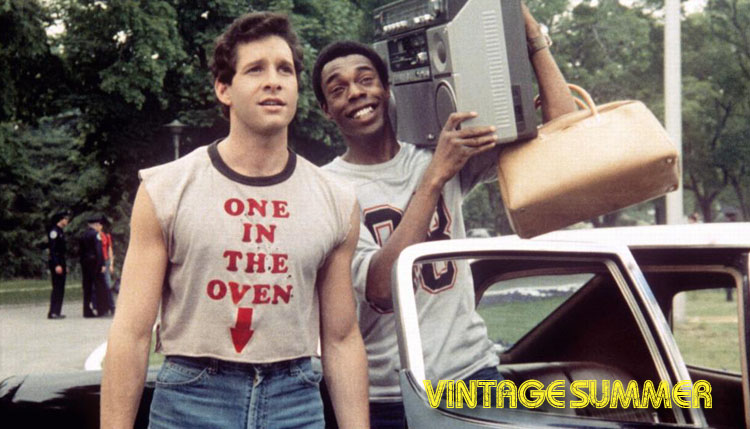
“Of all the guys who I thought were gonna make it, Hightower was the one. I mean, if all the cops looked like him there’d be no crime at all.”
Police Academy, 1984 (Steve Guttenberg) The Ladd Company/Warner Bros.
Carey Mahoney (Steve Guttenberg) is a screw-up; either that or he’s an “anti-authoritarian.” He’s also a smart-ass. He doesn’t suffer fools, let’s just say that. We’ll keep it simple. Because Mahoney’s father was a cop, his colleague, Captain Reed (The Wiz’s Cowardly Lion Ted Ross), shows leniency after he is arrested for a public disturbance. Reed gives Mahoney a shot to join the Police Academy in order to avoid jail time, but only under the condition that he will not be allowed to quit. As it happens, there’s a shortage of cops and the Academy has lowered its entrance requirements, but administrators hound Commandant Eric Lassard (uproarious George Gaynes) to drop as many of the new recruits as possible because the police chief believes this will result in a decline of quality among the cadets.
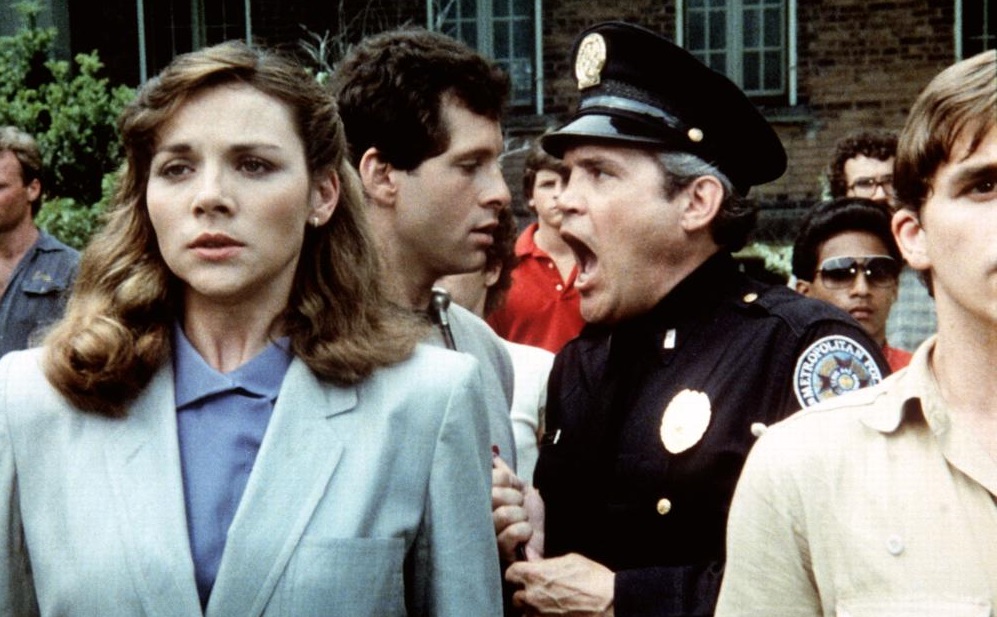
Mahoney befriends human sound-effects machine Larvell Jones (Michael Winslow) and woos the beautiful Karen Thompson (Kim Cattrall). Bubba Smith plays the enormous Moses Hightower who quit his job as a florist to become a police officer. Marion Ramsey is the charming soft-spoken Laverne Hooks. David Graf is memorable as the gung-ho gun-obsessed Eugene Tackleberry. Scott Thomson and Brant Von Hoffman play the two suck-ups, Blankes and Copeland, who are retained by Harris to spy on the other cadets. On their first leave, the cadets organize a party, but Mahoney misdirects Blankes and Copeland to the Blue Oyster, a gay bar. It’s a hilarious (and somewhat offensive) scene when they are besieged by groups of homosexuals and forced to dance. The conflict in the movie is unusual and exists at cross-purposes. Harris wants Mahoney to quit, but Mahoney can’t quit, yet try as he might, Mahoney cannot be dropped from the program.
A cute little scene involving through-the-window flirtation with Karen (Mahoney instantly falls in love with her) convinces him to stay at the Academy. Unlike the thematically-similar Stripes, we get the feeling Mahoney learns the importance of responsibility and discipline. He even teaches Hightower how to drive. During the driving instruction class, Blankes insults Hooks and the humongous Hightower comes to her defense, physically flipping Blankes’ car. Hightower is dropped from the program. When a fight breaks out in the commissary, Mahoney takes the blame and Harris expels him. A riot breaks out after a misunderstanding and the cadets are deployed to keep the peace around the perimeter, but a miscommunication puts them right in the middle of the fray. A random psycho takes Lewis hostage and Mahoney and Hightower save the day.
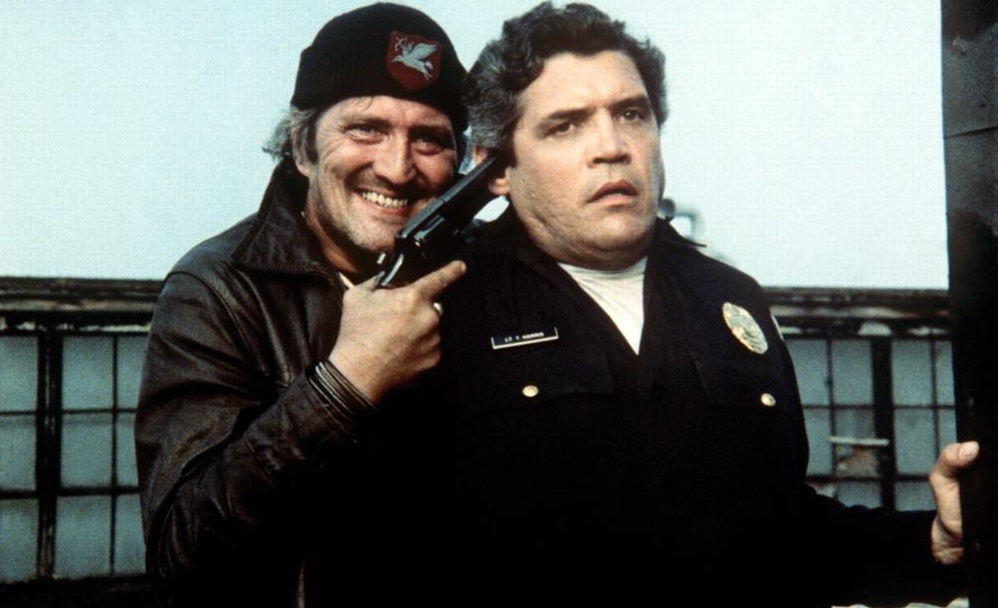
Police Academy is another movie in the long line of slobs versus snobs (a form of screwball comedy) stories that enjoyed a resurgence after the astounding success of National Lampoon’s Animal House. Director Hugh Wilson (WKRP in Cincinnati) works from a script by Neal Israel (Bachelor Party) and Pat Proft. Steve Guttenberg has a certain je ne sais quoi; an appeal I can’t quite unravel. He has a youthful charm, but like Mark Harmon, he lacks comic chops. Critics of the time often favorably compared him to Cary Grant and Jimmy Stewart. He’s too good-looking to be an everyman, and he has difficulty in the mastery of sarcasm. Nevertheless, his résumé is a study of success. He was a staple of the Police Academy franchise as well as appearing in Cocoon, Short Circuit, and Three Men and a Baby. Police Academy was an enormous hit, earning $149 million on a $4.5 million budget, spawning six sequels and two television series.


